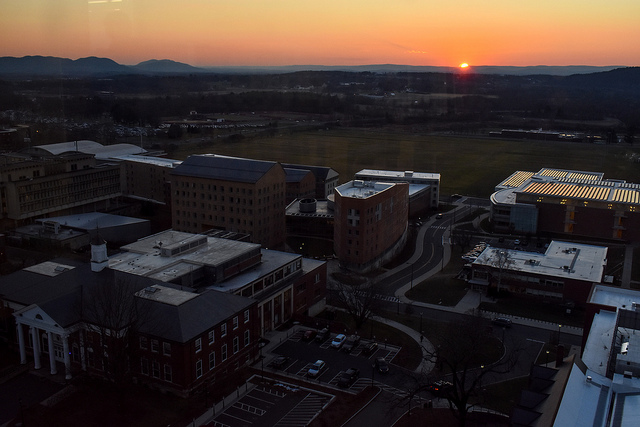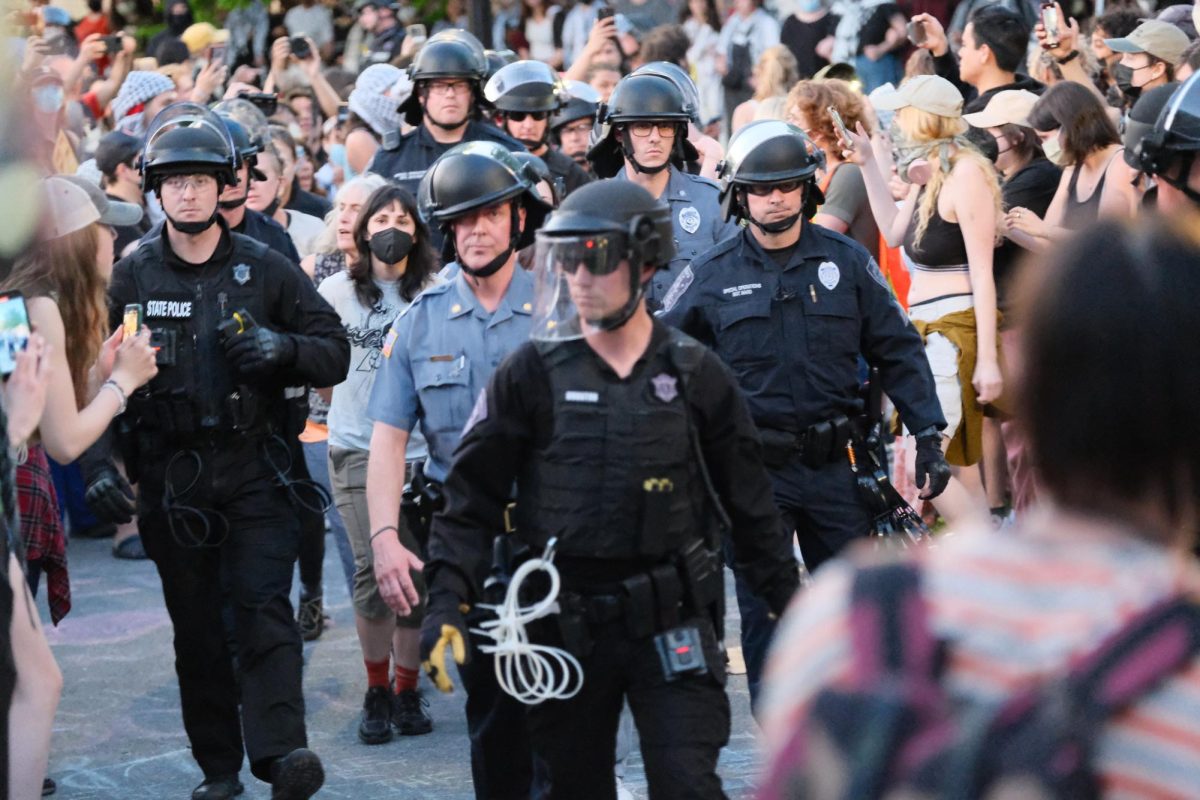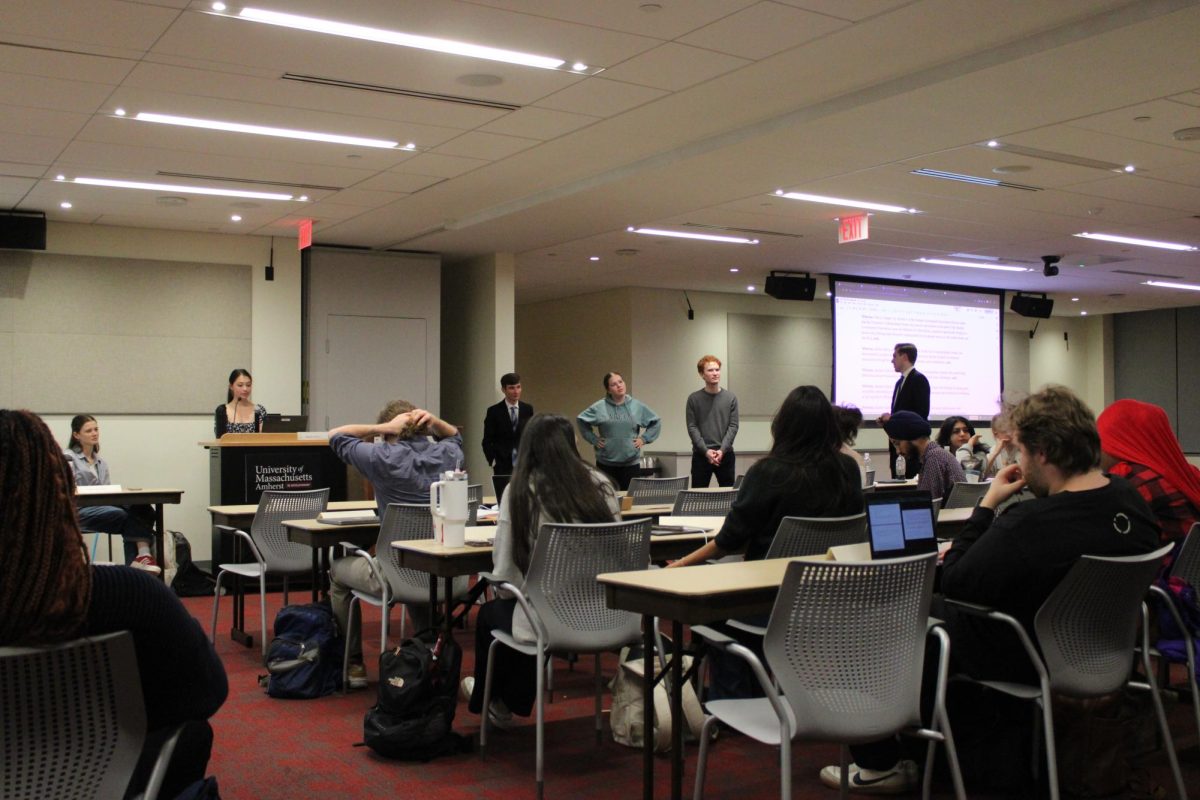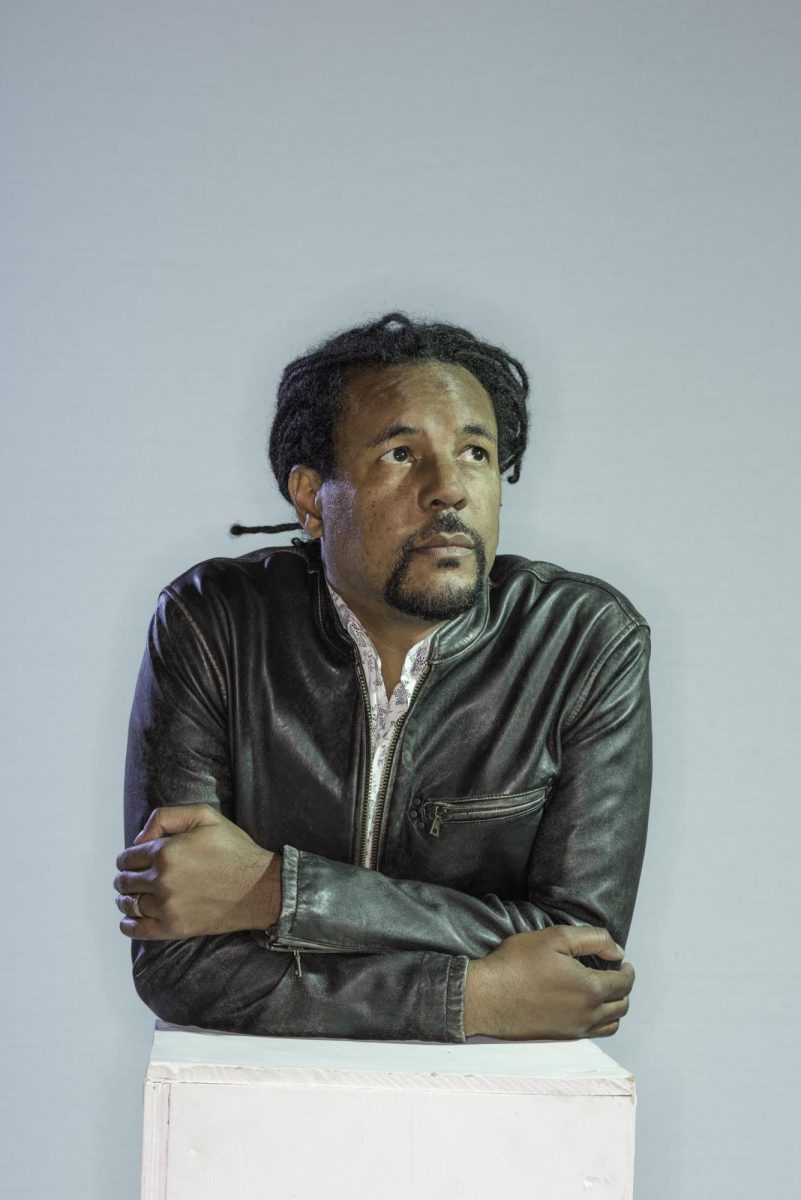In September, the University of Massachusetts Mock Trial team hoped to make it to the American Mock Trial Association’s National Championship Tournament. Despite missing the window by half a ballot, the team saw its most successful season in the program’s history.
With the members of the “B Team” coming back to UMass from their Opening Round Championship Series in Hamilton, Ohio this past weekend, the team’s season came to a finish.
The team won or tied most of their tournaments this season with members winning several awards throughout the year. Vice President Koray Rosati, Peter Jones and Maya McCollum took home the Outstanding Attorney Award and President Nicole Rabovsky and Agustin Pereira won the Outstanding Witness Award.
“[It was] the most successful in program history,” Rosati said. “We had a really great season. All three of our teams did great.”
Along with a well-organized team, UMAMT believe their success is due to the case they argued. Each season, the American Mock Trial Association releases one fictional case that every mock trial team in the country uses. This year’s was a civil case between a television studio and an animal trainer. The animal trainer’s chimpanzee killed a writer on the show’s set.
The three UMass teams (A Team, B Team and C Team) each took different approaches. The A Team argued that the television studio had safety guidelines that they did not follow. Some schools’ teams explained theories that the studio wanted to generate publicity for themselves while one argued it was for insurance money. One team also created an elaborate story where chicken was involved.
Moksha Padmaraju, a political science and economics junior, thought the team’s success came from the people involved and the team’s structure.
“We definitely went to a lot more tournaments so seeing different schools’ theories and what they did and just having more practice was a big help this year,” she said.
Two-hour meetings every Tuesday and Thursday and scrimmages prepared the team throughout the year. The team was also able to hand-select members, accepting 25 members out of the 50 who auditioned in September.
“It gave us a great pool of talent,” Rosati said. “A lot of the success we had this year stemmed from the pool we had try out.”
One skill the team focused on was being polished and cleaning up minor things, like being friendlier to judges and etiquette at the bench.
The teams of UMAMT traveled to Yale University, University of Florida, University of Pennsylvania, University of Maryland and the Coast Guard Academy. Although the initiations and tournaments helped prepare the teams, it made the season more challenging.
“The turnaround between tournaments was a lot shorter. Probably the biggest challenge is adapting to that,” Milo-Cason Snow, a computer science sophomore, said. “I think people did really well, though. People were able to improve a lot faster because they had to, the time commitments caused that. But it did make it kind of tough to balance [mock trial] on top of all the other work you do in your classes.”
Although the team was traveling along the East Coast, they also had to focus on affairs at home. This is also the first time in several years UMAMT hosted an invitational at UMass. Rabovsky started planning for this event last May in order to execute it the weekend students returned back to campus after winter break.
Teams from Harvard, Yale and 22 other schools participated. UMAMT raised $3,300 from registration fees, which went toward travel expenses for their teams.
Perhaps the biggest challenge of the tournament was finding 50 legal professionals to act as judges in the trials. Each team at an invitational participates in four trials over the weekend with two judges on each. Theoretically, as the event progresses, the competition gets harder. The best score a team can get is eight wins and zero losses.
Next year, UMAMT hopes to open up communication amongst the teams to better support each other and advance even further in competitions.
“I want to go to nationals next year, so that’s the number one improvement,” Rabovsky said.
Abigail Charpentier can be reached at [email protected] and followed on Twitter @abigailcharp.




















